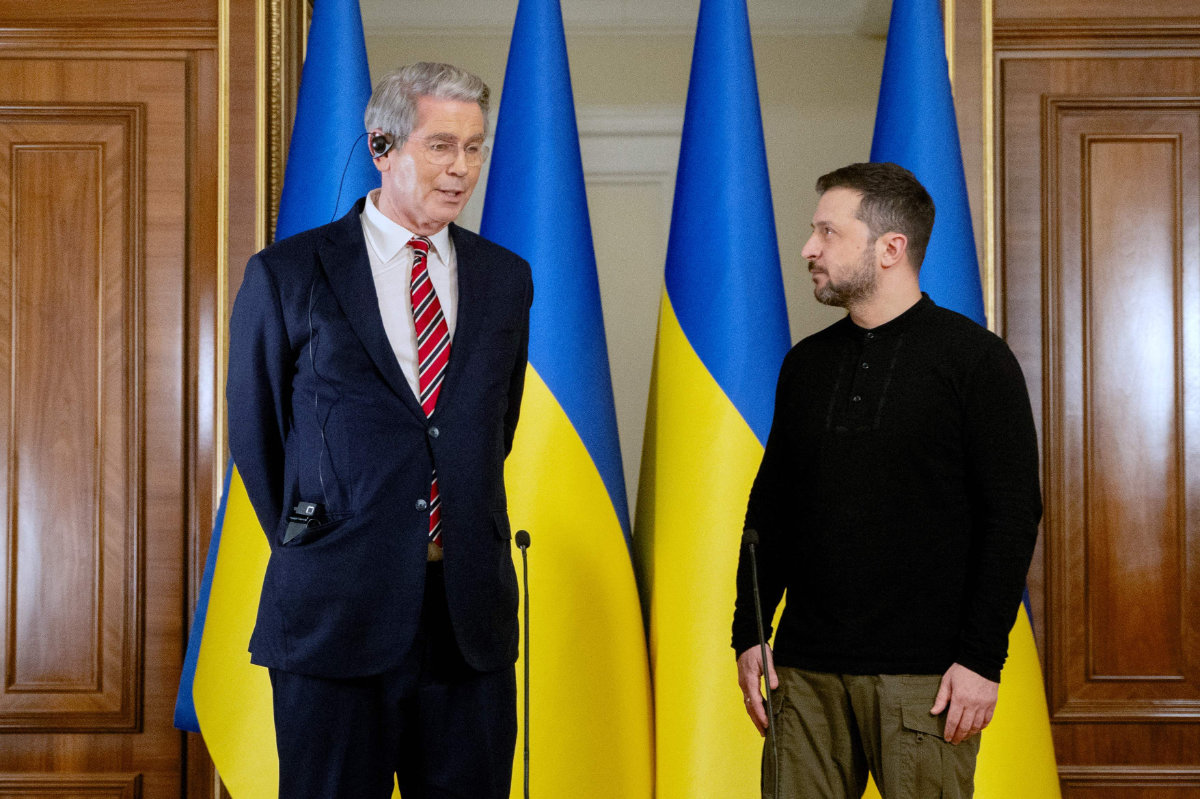MOSCOW: Russia’s Lukoil is set to resume oil supplies via the Druzhba pipeline to Slovakia and Hungary in October after Hungary’s MOL said it had struck deals to transport crude through Belarus and Ukraine via the pipeline, two sources said on Tuesday.
The sources said the supplies would resume next month because this month’s export plans had been made in advance and it is difficult to reroute volumes.
One said Lukoil might be able to reroute a small volume this month, but it was yet to be seen.
In the summer, Kyiv banned Lukoil supplies after putting the Russian group on a sanctions list, preventing the transport of its oil to MOL refineries in Hungary and Slovakia.
Under new deals with suppliers and pipeline operators, effective Monday, MOL said it would take ownership of the relevant crude at the Belarus-Ukraine border. Previously, Russian oil suppliers sold crude oil on an FIP (free in pipeline) Feneshlitke basis in Hungary.
One of the sources said that MOL would bear all transport and other costs from the Belarus-Ukraine border to its refineries. Previously, Russia had to pay for oil transit via Ukraine, which raised many complications.
According to the sources, Russian oil supplies via Druzhba in September are planned at 510,000 metric tons for Slovakia and at 360,000 tons for Hungary. MOL’s refinery in Slovakia has planned maintenance at its only crude distillation unit starting on Sept. 23, which will result in lower crude intake.
Russia’s Tatneft and Russneft were seen as main suppliers of crude oil to Slovakia and Hungary in September, one of the sources added.
Russian oil is shipped via the Druzhba pipeline to Slovakia, Hungary and Czech Republic, which got an exclusion from an EU embargo on Russian oil due to limited opportunities for alternative oil supplies.
Russia’s Lukoil set to resume supplies via southern Druzhba in October, sources say
https://arab.news/5wsa5
Russia’s Lukoil set to resume supplies via southern Druzhba in October, sources say

- Under new deals with suppliers and pipeline operators, effective Monday, MOL said it would take ownership of the relevant crude at the Belarus-Ukraine border

























